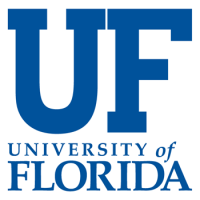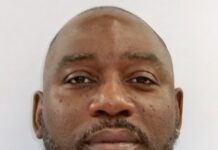 Many studies have shown that Black students are far less likely than their White peers to be selected for gifted education programs. But a new study by Christopher Redding of the University of Florida and Jason Grissom of Vanderbilt University shows that even when Black students are admitted into these programs they are less likely to benefit from gifted education than White students.
Many studies have shown that Black students are far less likely than their White peers to be selected for gifted education programs. But a new study by Christopher Redding of the University of Florida and Jason Grissom of Vanderbilt University shows that even when Black students are admitted into these programs they are less likely to benefit from gifted education than White students.
“The potential benefits aren’t equally distributed,” said lead author and University of Florida College of Education professor Christopher Redding, who evaluated data from gifted programs in elementary schools nationwide. “The conversation up to this point has been about access, with less emphasis on how students perform once in gifted programs.”
The authors found that while academic achievement gains for students overall were modest — going from the 78th to 80th percentile in reading and rising only a third as much in math — low-income and Black gifted students, on average, saw no achievement gains. When the researchers looked at factors beyond scores, including engagement, attendance, and whether a student left or stayed in a school, they found little evidence to suggest gifted participation influenced those measures for any group.
A barrier to effectively serving a diverse gifted population could be the programs’ content. If the curriculum only reflects the affluent, predominantly White population that gifted has traditionally served, it might not meet the needs of its other students, Professor Redding says.
The full study, “Do Students in Gifted Programs Perform Better? Linking Gifted Program Participation to Achievement and Nonachievement Outcomes,” was published on the website of the journal Educational Evaluation and Policy Analysis. It may be accessed here.











My research over 20 years ago support the concluded premise, gifted education appears not to benefit African American children overtime. As a matter of fact, my growth curve analysis suggested that their academic standing declines as they progress through grifted programs. As my research professor asked as we analyzed over five years of data, “school is suppose to make children better, right?”. It was not the case with the sample that I followed for five years.
Dr. Miller,
You’re absolutely correct. As a result, when you see thousands of so-called degree holding Blacks will INTENTIONALLY moved into literally “All White communities/schools” assuming “their children would receive a better education”. As time has showed, these so-called Black children have been on the receiving end of educational crimes at these All White Schools.
One also has to factor in the lowered expectations many non-Black teachers have for Black student in general, Black males in particular.